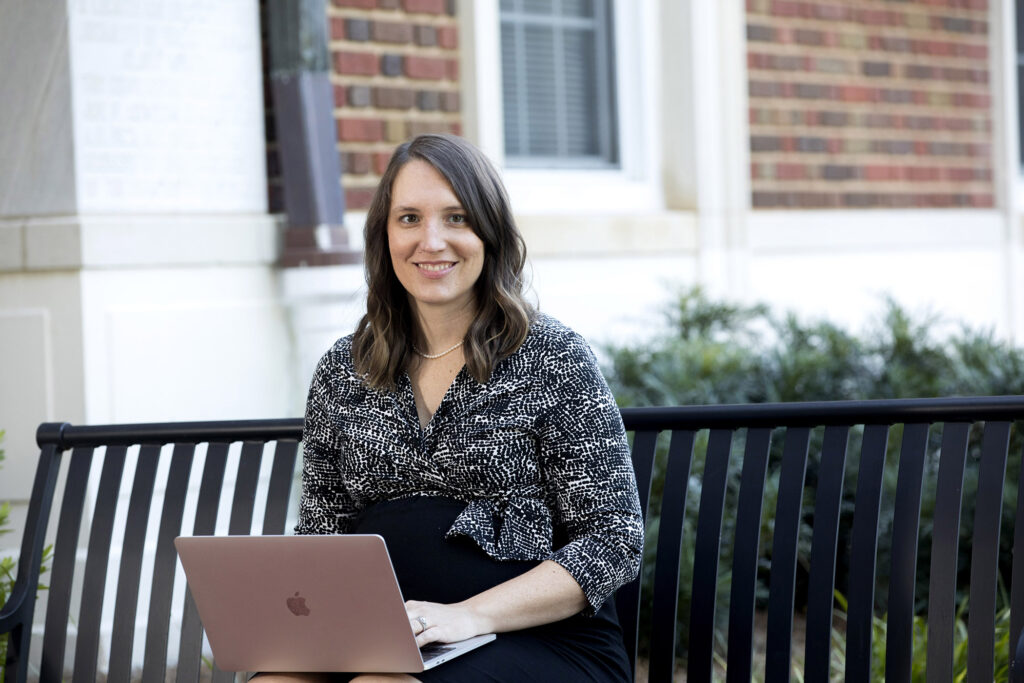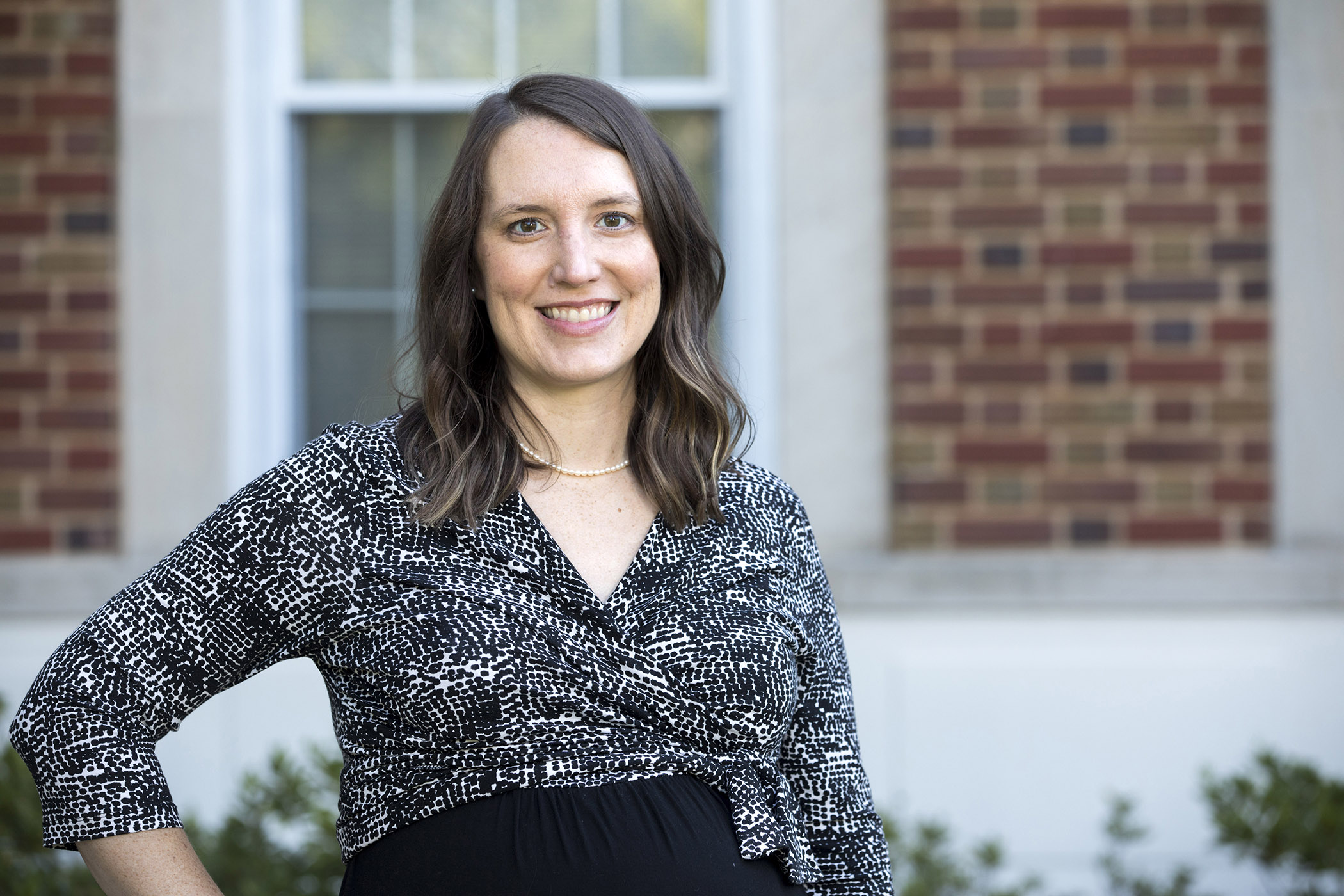Any student going to school during a pandemic is going to face some challenges, but the students who Lindsay Coco serves often get an extra dose of them. Coco is the assistant director for initiatives in the University of Georgia’s Division of Academic Enhancement where she works with students from low-income families, first-generation students and rural students. Since spring, she and her colleagues have provided 84 laptops and 63 hotspots to UGA students and developed ways to connect them with what they need, including mental health services and academic coaches to help with the transition to virtual learning.
 It’s challenging work, but Coco, who has a Ph.D. in higher education administration, gets to see how it makes a real difference. “When students didn’t have a laptop to do their schoolwork, it was important to mobilize resources for them so they could have peace of mind to know, ‘OK, I have a laptop so I can at least finish my coursework for the semester,’” said Coco.
It’s challenging work, but Coco, who has a Ph.D. in higher education administration, gets to see how it makes a real difference. “When students didn’t have a laptop to do their schoolwork, it was important to mobilize resources for them so they could have peace of mind to know, ‘OK, I have a laptop so I can at least finish my coursework for the semester,’” said Coco.
Coco also works with colleagues in the Office of Student Financial Aid and Student Care and Outreach to find financial support for students whose families are affected by COVID-19, including parents, guardians or students who have lost jobs. “There was a student who was working on campus but due to the quick campus closure, she quickly found herself unemployed and didn’t know how she was going to pay her rent,” said Coco. “Thankfully, I was able to help facilitate getting her funds to help cover her living expenses. Moments like these are rewarding because I know situations such as these can be incredibly stressful for students and ultimately impact their ability to focus on their academic success.”

Despite the hurdles caused by the pandemic, Coco also sees it an opportunity to innovate. “Some of the things we’ve learned along the way will be helpful even when we get through the pandemic,” she said. Stuff that will stick around include the new First Gen website and some continued virtual learning and programming. “It’s so important to have in person programming,” she said. “But for some students, who are carrying a full load of classes and working 30 hours a week or more to put themselves through school, the virtual offerings may allow access that would otherwise not be available.
Coco has a big heart for her job. “For me, it’s the human connection and recognizing some of my own privileges,” said Coco, who developed her love for student support during a post-master’s degree stint working at the Qatar Foundation, a nonprofit focused on education, research and community development where she worked as a campus life coordinator. “I have learned how to work with and support diverse populations of students, especially students whose personal and educational journeys were very different from my own.”
Those lessons have stayed with her. “It has helped me connect with a lot of different students who come from different backgrounds and different walks of life,” she said. “I may not have the same belief system as someone, but I always think about how I can learn from that person. How can I give back where I can? I’m really lucky to have a job where I get to connect with people and try to help and support students wherever I can.”


